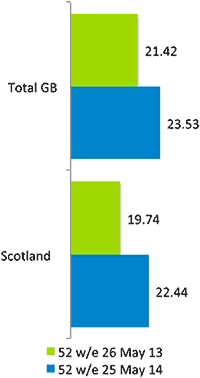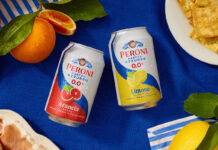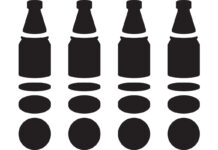WHETHER it’s to serve with crackers at the end of a dinner party or to shove under the grill for an emergency late-night munch, cheese is a staple foodstuff in most households.

At the other end of the spectrum, soft rind cheeses such as brie and camembert are taking off, possibly because Scots’ tastes are becoming more sophisticated.
Or maybe it’s because they are recreating the restaurant experience at home, and producing a special cheese board to impress their guests.
Kantar measures the take-home cheese category as worth £2.7bn in Great Britain. That’s an increase of 3.2% over the past year.
In Scotland the category is now worth £257m and has grown by 2.5%.
Mark Thomson, business unit director with Kantar Worldpanel, explained: “Cheese is a category that practically all shoppers interact with during the year. In Scotland we spend £101 on average over the year which is around £5 less than the average GB shopper.”
 To appreciate how these figures break down, said Thomson, it’s important to review the big picture. “When you start to look at the main sectors, you also start to understand how Scottish shoppers differ in their behaviour within the category. Some 72% of Scottish shoppers purchase processed cheese versus 68% of GB shoppers.
To appreciate how these figures break down, said Thomson, it’s important to review the big picture. “When you start to look at the main sectors, you also start to understand how Scottish shoppers differ in their behaviour within the category. Some 72% of Scottish shoppers purchase processed cheese versus 68% of GB shoppers.
“This explains why processed cheese accounts for a higher proportion of overall category spend in Scotland (12%).
“One of the main trends we are seeing within cheese is the continued growth of soft natural cheese (such as brie and camembert) which is growing at 12% in Scotland and represents 18% of total category spend.
“What we are also seeing emerge is the growing link between natural soft cheese and cooking, which includes new products such as Quark.”





















